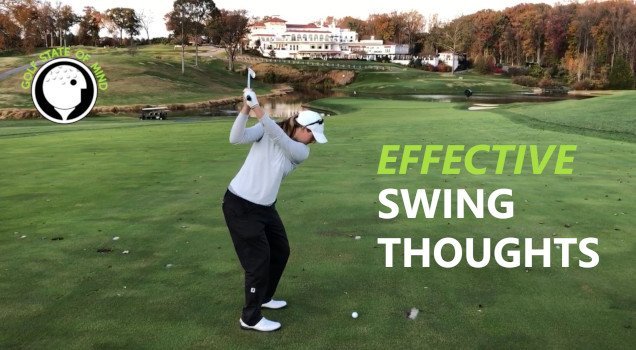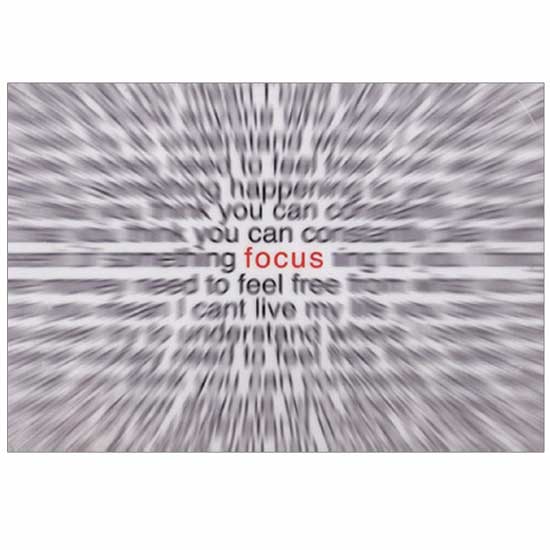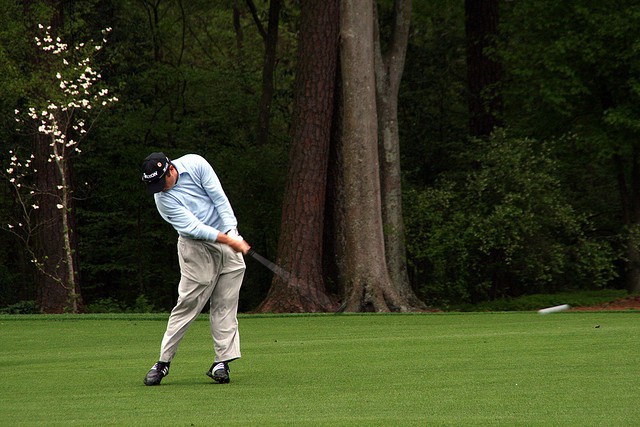
How to Trust Yourself Over EVERY Golf Shot
How do players survive 6 grueling days of PGA Tour Q-School and realize their dreams of playing on the PGA Tour? They trust their swing. Being able to trust your swing is a fundamental of high performance.
How many times have you heard, “trust your swing”, or listened as a golf telecaster commented, “he/she didn’t trust his/her swing when the pro golfer hit the ball poorly? What does it mean to “trust” your swing?
My definition is, “Trust is the ability to suspend one’s judgment about one’s performance (swing)”. It infers that we do not think about our swing. But, how can we not think about our swing when we think
about our mechanics all the time when learning and practicing? If we constantly think about mechanics while training, thinking about our mechanics while swinging becomes a habit. As you may be painfully
aware if you’ve ever tried to quit smoking, go on a diet, or change some destructive behavior, you know you simply can’t just turn off a habit.
How To Trust Your Swing
Trusting your swing also infers not thinking about the outcome of the shot (ball flight), the
consequences of the shot, or how mistakes or failure makes us feel and think about ourselves. Golf is an achievement activity where predetermined expectations govern our performance. Since most
life activities are governed by specific expectations, how easy is it to turn off our expectations or the consequences of not meeting them when we play golf?
Trust, just like your golf swing is a set of learned behaviors that requires specific knowledge and practice to engrain. The habit of trusting your swing has to be stronger than your habits of thinking about your mechanics, realizing expectations, or the consequences of making mistakes and failure. Not thinking about your mechanics would be much easier if you found a way to learn and practice without thinking about your mechanics. But that’s fodder for another article.
Attentional Focus and Target Orientation
It would also be easier to trust your swing if you were able to control your attentional focus (had a well-developed Target Orientation), and had the ability to control, inhibit, or reverse the effects of the fight-or-flight reflex that’s triggered every time you become concerned about the outcome of the shot or the consequences on making mistakes. Because golf requires a highly developed fine-motor control program that is unnatural, complex, and over almost before it starts, complete and appropriate attentional control, and complex visual processing, even the slightest increase in adrenaline and other neuro-chemicals (stress hormones) triggered when we merely become only slightly concerned about our performance, we must be aware of when our performance is threatened and possess skills and techniques that help us control, inhibit, or reverse the effects of this instinctual and powerful reflex.
This too is fodder for another article.
So, being able to trust your swing is the ability to suspend one’s natural concerns about the potential for making mistakes or failing and requires a set of learned behaviors (thoughts and actions) that keeps
your mind focused on the task at hand (Target Orientation) so that you don’t think about your mechanics, the outcome of the shot, or the consequences of making a mistake or failing.
I much prefer the term, “Focused Indifference” because it infers the appropriate attentional focus without any emotional attachment to the outcome. It’s our emotional attachment to specific
outcomes and the fear of not meeting expectations in golf that triggers our fight-or-flight reflex.
Dr. Tony Piparo is a performance psychologist, you can learn more about his teaching at www.peakperformanceblog.com
Photo by Pablo Herrero





Thanks for the article Dr Piparo.
I really enjoyed this and particularly liked the part about not thinking about the outcome or the consequences. This is a vital part of the golfers mindset and important to understand.
Will share with this others.
Cheers